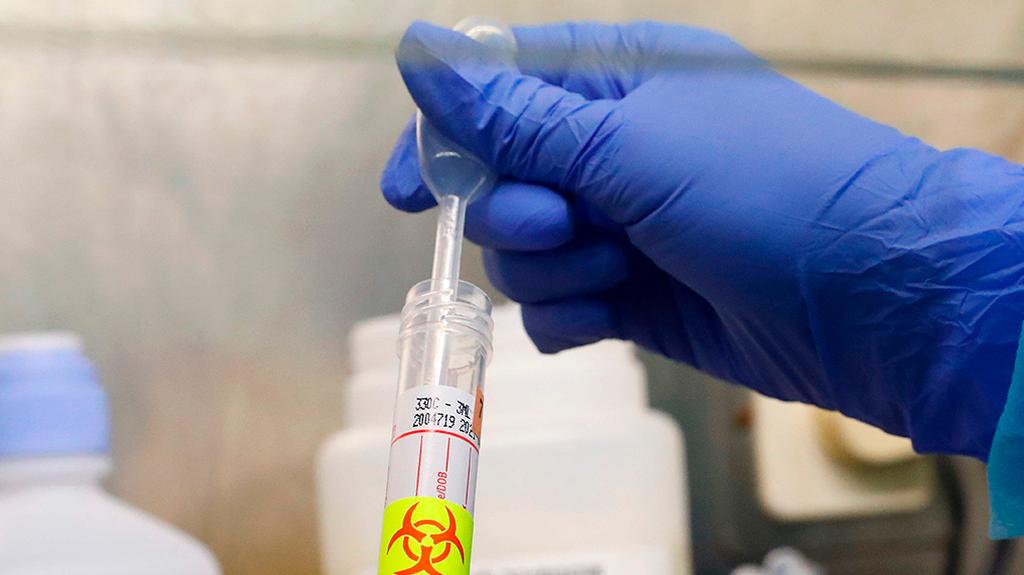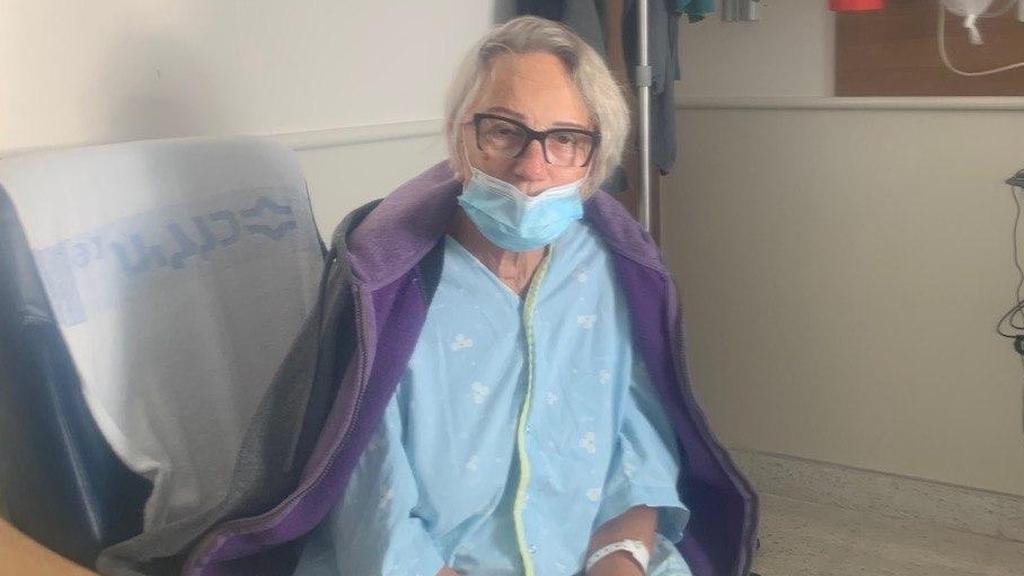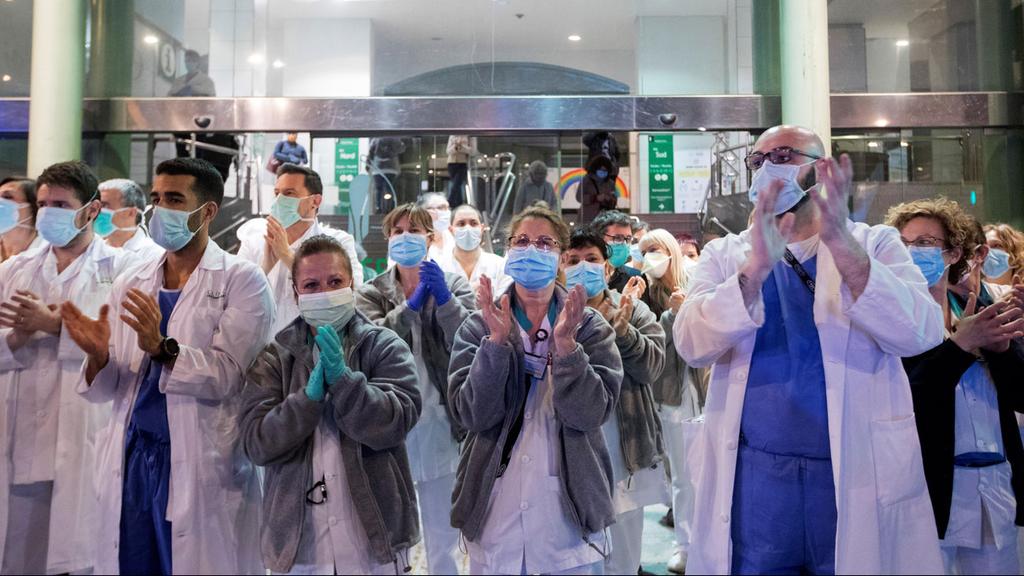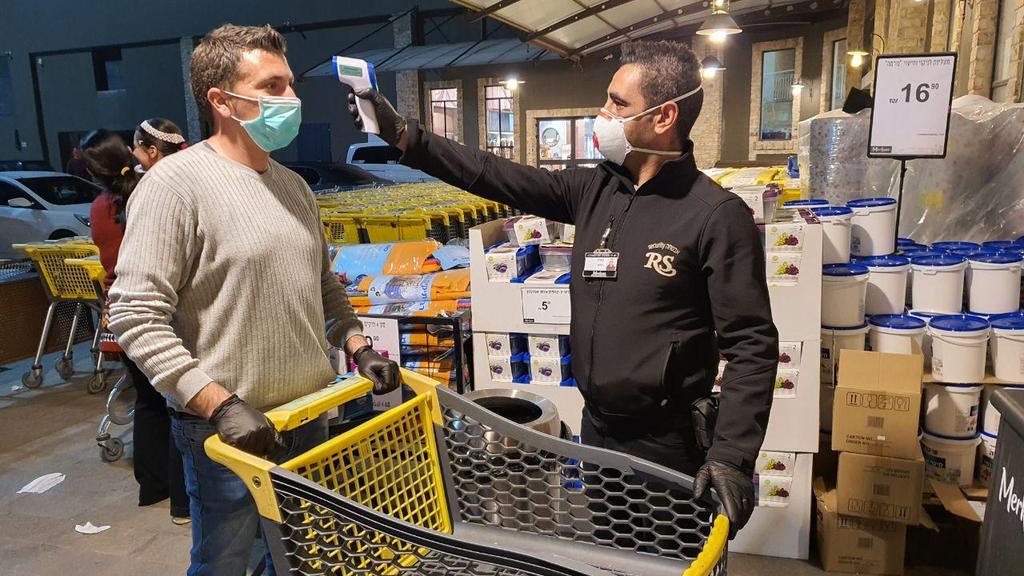Getting your Trinity Audio player ready...
A pandemic that is caused by an unknown emerging infection causes uncertainty and panic.
When managing such a crisis, it's important to take extreme steps early on to contain the disease and to gradually ease restrictions as new data emerges. We must be one step ahead of the disease.
Such an unusual biological event like coronavirus, demands intelligence that would provide new data in real time, an ability which I don't believe Israel has, so the decision makers understand what are the best cost-effective measures.
The dramatic difference between the degree of illness from COVID-19 in the young compared to the elderly and those with underlying health conditions, should warrant a drastic change in the overall strategy.
The prevailing policy in Israel is to suppress the disease by minimizing the spread of the virus in the general public through social distancing and quarantine, to enable medical care without hospitals being overwhelmed by a swarm of new cases.
Although it's an adequate way to slow the rate of infection, the overall number of cases would still remain high and the human, social and economy toll on the country would become intolerable.
The quest to slow transmission of the virus, known as "flattening the curve," only postpones the inevitable charge on hospitals, while increasing the risk to health providers.
Hospitals are constrained by the number of intensive care units available for seriously ill patients and mild cases should be kept at bay so as to protect medical centers from overcapacity, while increasing the number of ventilators and adequately trained teams.
The important figures to consider, therefore, are not the number of confirmed cases of coronavirus - which reflect an increase in testing - but rather the number of severe cases and deaths as a result of the disease.
Italy and Spain saw a surge in critically ill patients that overpowered their medical capabilities, while countries such as Switzerland and Germany were still able to contain that number, keeping the seriously ill under 2% of all cases.
Israel implemented - although slowly and hesitantly - correct measures early on and the current containment of the virus presents an opportunity to re-examine our strategy going forward.
The latest tightening of restrictions meant to combat the outbreak should be enforced on the elderly and those with underlying health conditions. The rest of the population, meanwhile, should gradually return to their lives the way they were prior to the health crisis.
The systematic testing, however, should continue in order to identify hot spots of the disease and make sure we are protecting medical teams against the infection.
Although by allowing the young and healthy to return to work more people would become infected, but they would mostly have mild symptoms, thus creating herd immunity, (a form of indirect protection from viruses that occurs when a large percentage of a population has become immune to an infection).
This will ultimately lower the rate of infections.
When the crisis ends, the only two things that would matter are the number of coronavirus-related deaths and the state of Israel's economy. The number of overall cases when you've created herd immunity is irrelevant.
The World Health Organization defined economic and social stability as strategic goals and adopting this strategy will balance the need to reduce illness with the preservation of our society.
It is time to change the goal from minimizing the spread in the general public to isolating the vulnerable, reducing fatalities and minimizing the harm to society.
Spreading fear cannot be the strategy and our leaders must be prepared to make bold decisions while instilling hope, with the understanding that this is a war-like event, which requires a military-like response and it is time to hand the administration of the crisis to those better able to do the job.





